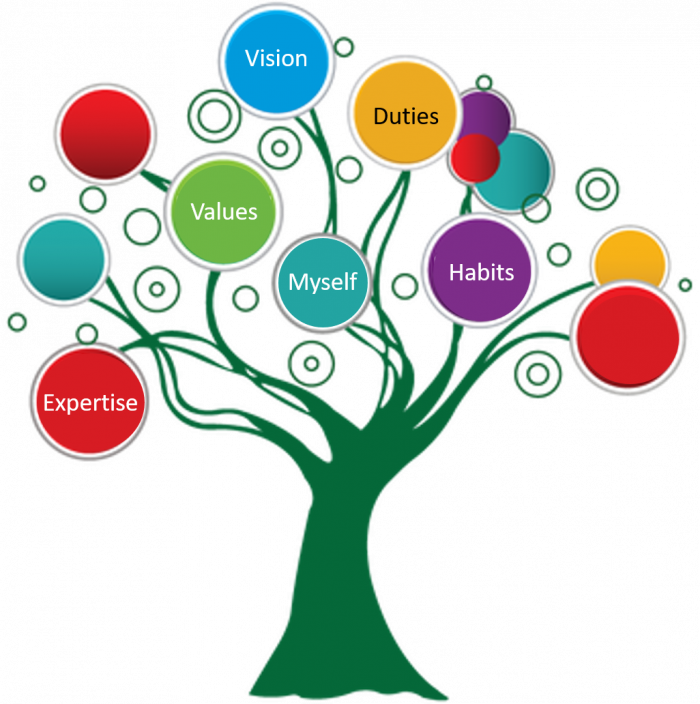The future of work is increasingly being shaped by technology. Artificial intelligence (AI), robotics, and other technologies are automating many tasks that were once done by humans. This is leading to concerns about job losses and the impact of technology on human values.
As we continue to experience rapid technological advancements in the workplace, it is important to consider the role of human values in shaping the future of work. While efficiency and productivity are important, it is equally crucial to prioritize the well-being and dignity of workers.
A new report from the Business, Energy & Industrial Strategy select committee highlights the obstacles the UK faces in seeking to deliver sustainable, inclusive growth. The BEIS report cites the adoption of AI by firms such as Amazon and Royal Mail as creating “anxiety, stress, unhappiness and overwork”. Surveillance systems are “leading to distrust, micromanagement and, in some cases, disciplinary action”. This is not about “robots taking jobs” – this is about automated systems eroding conditions for workers and diminishing job quality when people are not at the heart of it.
The integration of artificial intelligence (AI) in the workplace has the potential to increase efficiency and productivity, but it should not come at the expense of human values. Rather, AI and human values should be integrated to create a future of work that is both efficient and humane.
Some people believe that technology will lead to a dystopian future where humans are replaced by machines. Others believe that technology will create new jobs and opportunities for humans. The truth is likely somewhere in between. It is clear that technology will have a significant impact on the future of work. However, it is also clear that humans will still play an important role in the workforce. The key is to find ways to balance efficiency with humanity.
Here are some ways to balance efficiency with humanity in the future of work:
- Focus on human-centered design. When designing new technologies, it is important to focus on the needs of humans. This means designing technologies that are easy to use, safe, and that enhance human capabilities.
- Create jobs that are meaningful and fulfilling. Not all jobs need to be automated. In fact, many people find meaning and fulfillment in their work. It is important to create jobs that are meaningful and that allow people to use their skills and talents.
- Promote diversity and inclusion. A diverse and inclusive workforce is more creative and innovative. It is also more likely to be ethical and to uphold human values.
- Invest in education and training. As technology changes, it is important to invest in education and training so that people can develop the skills they need to succeed in the future of work.
By taking these steps, we can ensure that the future of work is one that is both efficient and humane
One way to ensure the integration of human values in the future of work is through a multi-stakeholder approach. This approach would involve governments, businesses, workers, and civil society organizations working together to develop policies and practices that prioritize human values.
Governments can play a role in shaping the future of work by setting regulations that prioritize the well-being and dignity of workers. This can include regulations on work hours, benefits, and workplace safety. Additionally, governments can work with businesses to create programs that promote the development of skills and training that prioritize the needs of workers.
Businesses can also take steps to prioritize human values in the workplace. This can include investing in the development of a positive work culture that fosters respect, diversity, and inclusion. Additionally, businesses can work with workers to create programs that promote their well-being and development, such as mental health programs and opportunities for advancement.
Workers themselves can play an important role in shaping the future of work by advocating for policies and practices that prioritize their well-being and dignity. This can include joining unions, participating in worker-led organizations, and using their collective voice to advocate for better working conditions.
Civil society organizations can also play a role in shaping the future of work by advocating for policies and practices that prioritize human values. These organizations can work to raise awareness about the importance of human values in the workplace and hold governments and businesses accountable for ensuring that these values are integrated into their policies and practices.
In conclusion, the future of work should prioritize human values alongside technological advancement. A multi-stakeholder approach that involves governments, businesses, workers, and civil society organizations can ensure that human values are integrated into the policies and practices that shape the future of work. By balancing efficiency with humanity, we can create a future of work that is both productive and humane.
